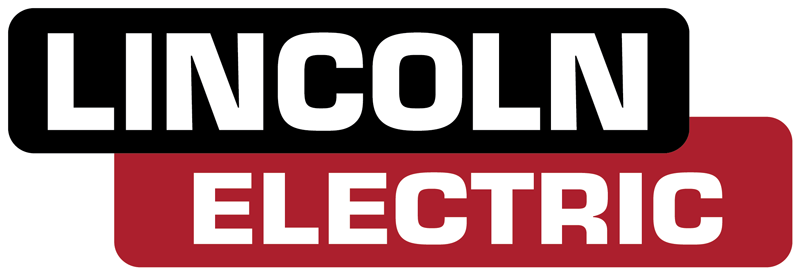 Health Savings Account
Health Savings Account
If you choose to enroll in the CDHP II Premier offering, you are eligible to establish an HSA account. You will receive a company contribution of $500 for your account and you may also contribute from your payroll check. The company contribution is prorated if your coverage starts after the beginning of the year. The funds contributed to the account are not subject to federal income tax at the time of deposit, and withdrawals from the account to pay qualified medical expenses, including dental and vision, are federal tax exempt. Money left in the savings account may earn interest and is yours to keep. Unlike a health flexible spending arrangement (FSA), HSA funds may roll over and accumulate year to year if not spent. The HSA is owned by the participant and is fully portable.

What is a Health Savings Account?
An HSA is an account you can put money into to save for future medical expenses. There are certain advantages to putting money into these accounts, including favorable tax treatment.
The HSA is designed to pay for any current “qualified medical expense” permitted under federal tax law. This includes most medical care and services, dental care, vision care, prescription drug expenses and also includes many over-the-counter items (crutches, supplies such as bandages, and diagnostic devices such as blood sugar test kits, etc.).

What is an HSA-Qualified High-Deductible Plan?
An HSA-Qualified HDHP is a health plan that satisfies certain government requirements for use in conjunction with an HSA. Enrolling in an HDHP allows you the opportunity to make tax-deductible contributions to an HSA. Before any benefits (except preventive care) are eligible for payment, you must first meet the deductible, which is often higher than traditional health plan deductibles. Also, enrolling in an HSA-Qualified HDHP makes you eligible to establish an HSA. Funds contributed to your HSA can be used to pay your annual deductible, coinsurance, and any qualified medical expenses not covered by your HDHP. For the most current list of qualified medical expenses eligible for reimbursement through your HSA, please visit www.irs.gov and search for Publication 502.

HSA Employee Contributions
You may contribute a minimum of $120 and up to a maximum of $4,300 for single coverage, or a maximum of $8,550 for employee plus one or family coverage. Individuals age 55 and older can also make additional “catch-up” contributions up to $1,000.
In order for you to receive the Company’s contribution or to have payroll deduction, you must use the Company’s designated partner Fidelity as the custodian of your account. The Company will pay your monthly account maintenance fees while you are enrolled in the HSA medical plan. The Company will automatically start the process of opening an account with Fidelity; however, you will need to accept the banking terms.
Remember, you have the option to open an HSA at another financial institution; however, any contributions you make will need to be made with after-tax dollars (you can deduct the contributions when completing your federal income tax return) and Lincoln will not absorb any account maintenance or other fees.

What's So Great About An HSA?
HSA funds can be used to pay your annual deductible, coinsurance, and any other qualified medical expenses not covered by your health insurance plan.
- HSAs function similar to a 401(k) or IRA. However, withdrawals from an HSA for qualified medical expenses are not taxed, regardless of your age.
- Funds placed in an HSA, as well as the interest which accrues, may continue to grow without federal taxation over the years.
- Unused funds in an HSA roll over from year to year. You never lose access to your funds.
- Funds in an HSA pass along to a surviving spouse or other beneficiary upon death.

What Does My HSA Cover?
The HSA is designed to pay for any current “qualified medical expense” permitted under federal tax law. This includes most medical care and services, dental care, vision care, prescription drug expenses and also includes many over-the-counter items (crutches, supplies such as bandages, and diagnostic devices such as blood sugar test kits, etc.).

How An HSA Works
- Choose a specific amount of money to contribute each pay period (pre-tax) to your account during the plan year.
- The amount is automatically deducted from your pay at the same level each pay period.
- As you incur eligible expenses, you may use your Health Savings Account (HSA) funds to pay for those expenses.
Remember, the Company contributes up to $500 to your account when you enroll in the CDHP II Premier medical plan.

